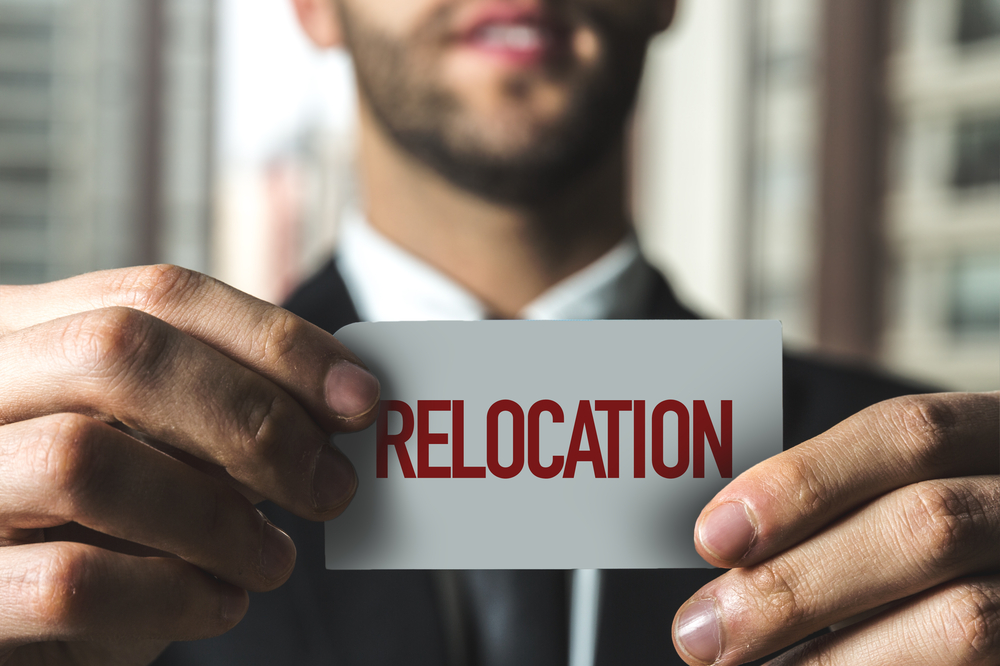Facebook Copy: Planning to relocate abroad? Explore key considerations such as children’s education, cost of living, and cultural adaptation to ensure a smooth transition.
Relocating to another country is both exciting and challenging, as it involves many adjustments on several levels: personal, professional, and cultural. While the prospect of discovering a new environment, learning about other cultures, and living in a different part of the world may be appealing, there are some practical considerations to keep in mind.
In this article, we will take a look at the most important factors you should bear in mind to ensure a seamless transition and successful integration into your new destination.
Children’s Education
First and foremost, learn about the destination country’s educational system. Every country has its own set of norms, structures, and educational systems that may differ greatly from those you are used with.
Another key option is the type of school you attend. Some countries have schools that follow an international curriculum, like the British schools in Bucharest, and provide educational continuity for expat children.
These schools are a possible alternative if you only intend to relocate for a brief period of time or if you want your child’s education to be consistent with the education system in their home country. On the other hand, if you want to stay in that country for the long term, putting your child in a public school could help them integrate into the community and have a better understanding of the local language and culture.
Local Health System
The next step is to find out about the type of health system that exists. In certain countries, the government funds a public health system that offers citizens and residents free or subsidised access to medical services. In other countries, private insurance primarily manages health, potentially leading to higher costs for medical treatments, particularly for those without a proper insurance policy.
Another essential aspect is to understand what type of medical insurance you are going to need. In many countries, foreign citizens must purchase private health insurance or enroll in a public program to access medical services. If you work for an international company, your employer may offer a medical insurance package, but it is important to check its coverage.
Cost Of Living
Look into the fundamental costs of your new location, such as rent or property rates, utilities, transportation, and food. In metropolitan cities, for example, housing and service prices are typically greater than in rural areas. To avoid unpleasant surprises after you’ve settled down, create a realistic budget that incorporates all of these expenses. You should also consider the changes in salary and the cost of living to determine whether your income will allow you to live comfortably in your new location.
Nutrition is another key consideration. Food prices vary greatly across countries, and your eating habits will have an impact on your budget. While some local markets provide reasonable and fresh food, others may demand exorbitant amounts for essential staples, particularly imported goods. It’s a good idea to become acquainted with your local dining patterns and see if you can adapt your budget accordingly.
Local Culture And Customs
The first step in adapting to the local culture is to learn about the social norms and values of the destination country.
In certain communities, etiquette, gallantry, and the way you approach others are quite essential, yet in others, relationships are more informal and easygoing. For example, many Asian cultures place a high priority on respect for the elderly and reserved behaviour in public. In certain European or North American countries, however, informality and direct expression are more prevalent. Understanding these cultural distinctions can enable you to behave correctly in a variety of social situations.
Furthermore, understanding a country’s culture and customs requires mastery of the native language. Even if you don’t learn the language completely, most people will appreciate your efforts to communicate in the local language.
Careful planning, thorough research, and an openness to new experiences are essential components that can transform your relocation experience into a happy and rewarding one. Remember that, despite the first hardships, each step along this path will help you grow personally and broaden your perspectives.

